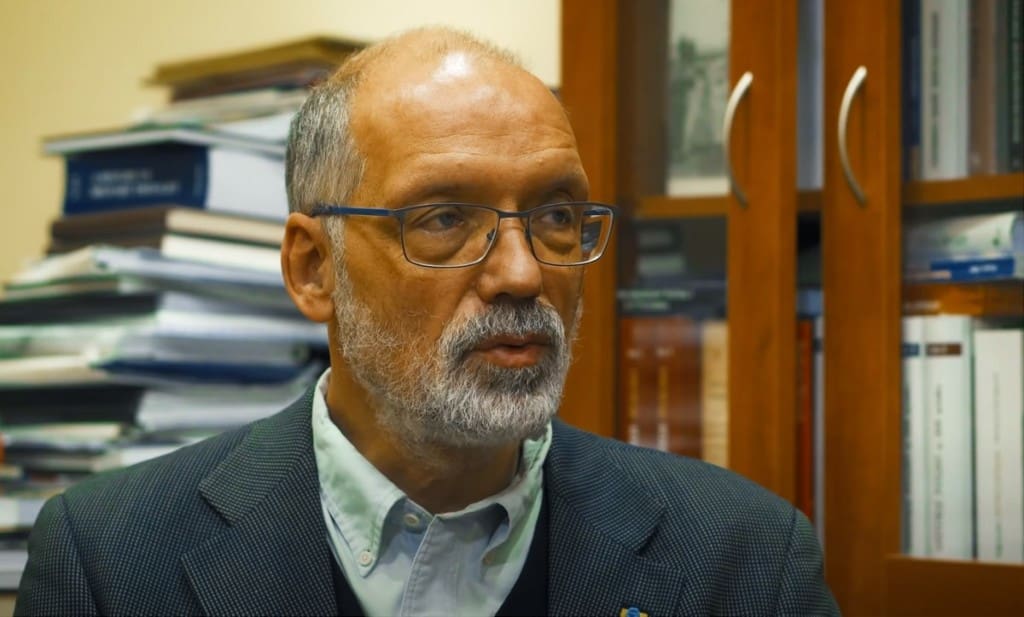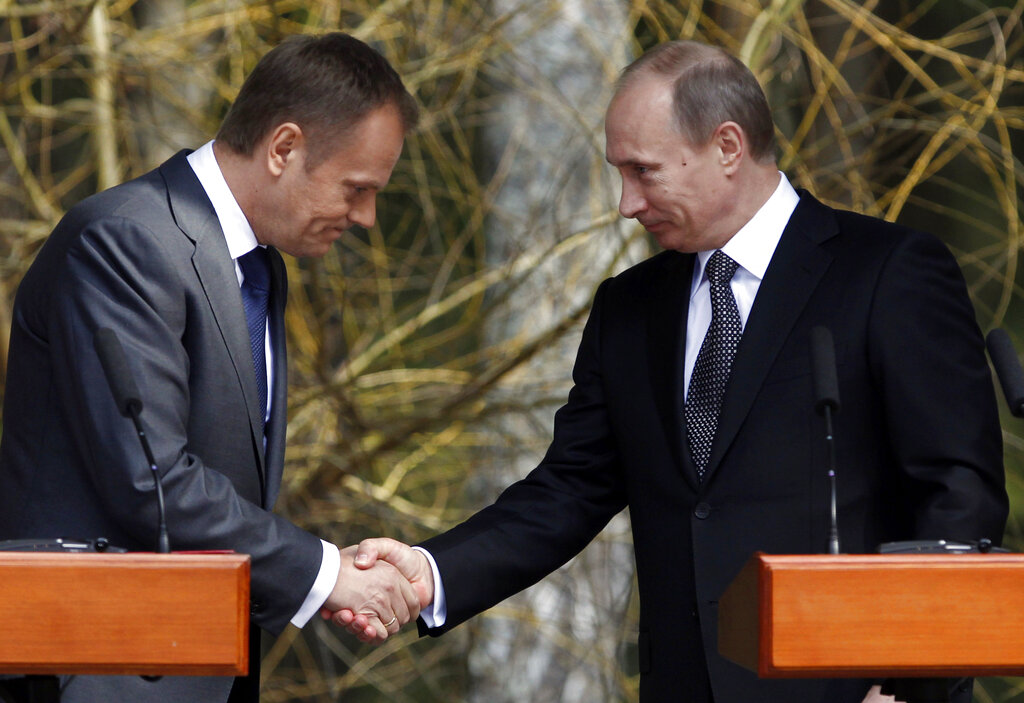There is no way of understanding Russia and its politics, and why over 80 percent of Russians support Putin’s war in Ukraine, without real knowledge of the country’s history, Prof. Andrzej Nowak claimed during an interview with the Dziennik Polski newspaper on his new book, “Poland and Russia: neighborhood of freedom and despotism of a thousand years.”
According to Nowak, history and its interrelationship with culture is the key to understanding why Putin has taken the decisions he has. He believes that Russian culture underpins and justifies Russian imperialism.
“If we reach, as schools do repeatedly, for the works of Dostoevsky and Pushkin, with his extremely chauvinistic verses, we find declaring war on the West and seeing Poland as the West’s tool hellbent on destroying Russia,” Nowak told the newspaper, adding that Russian mentality and culture envisions Russia as an empire “which has the right to conquer and always calls it liberation.”
The historian asked why the West keeps repeating the same mistakes in handling Russia, pointing to its distanced attitude towards history and therefore its lack of knowledge of it.
He believes Russia has exploited that ignorance: “Russia explains its imperial intentions to Western elites using those elites’ language.” It also concentrates on Berlin and Paris, pushing for appeasement, thereby playing to the fact that both France and Germany see Central Europe as marginal and peripheral, not worth ruining world peace over,” the professor says.

But Nowak also sees mistakes that were made by the previous government led by Donald Tusk and former Foreign Affairs Minister Radek Sikorski in the years of 2007-2015. He cites Talleyrand’s quip that Poland’s eastern policy of that government was “worse than a crime, it was an error.” He justifies his view by arguing that Tusk’s government sought warmer relations with Russia when Putin had already declared war on the West.
Nowak recalls Putin’s visit to Poland on the 70th anniversary of the start of World War II, when Putin had the red carpet rolled out for him despite his speech in which the Russian leader argued that Germany and Russia had the right to avenge the humiliations both nations suffered during World War I. Poland’s President Lech Kaczyński reacted strongly to this at the time, but Tusk preferred to concentrate on being glad Putin came in the first place.
Nowak said he believes that Poland’s attitude towards Russia should have changed in 2008 once Putin invaded Georgia — the fact that this did not happen was a grave error. The historian criticized Radek Sikorski’s contempt for weaker eastern European states such as Lithuania, and his and Tusk’s attempts to seek a historic reconciliation with Russia in the aftermath of the Smolensk air disaster that led to the death of President Kaczyński.






